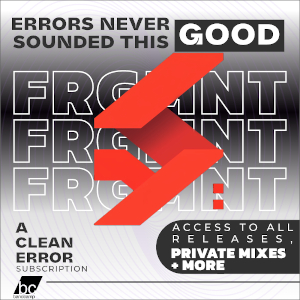At a distance of nearly two decades, Herbstlaub resonates with the same melancholy magic, a-fizz with fertile experimentation with the tropes of two musical modes once thought incongruent via shiny new tools, ending up transcending its conceptual start-point.
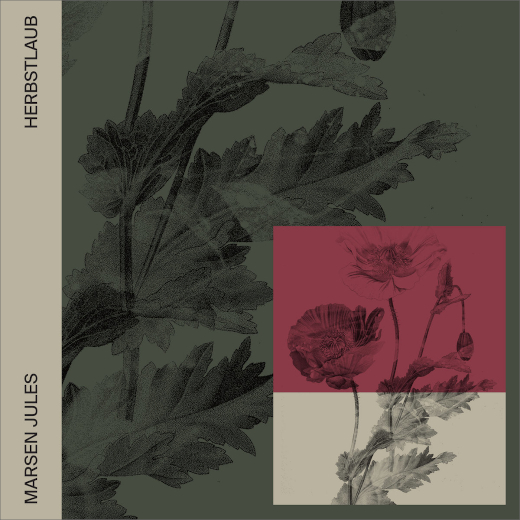
A recursive minimalism whose appeal is surprisingly enduring
“It felt like there was a new tool made available practically every day that allowed you to create new musical worlds on your computer.” Also sprach Martin Juhls of the ’00s, a prolific, and, above all, particular, period that saw a slew of stylistic variations emerge that were traceable to specific records. For the artist known as Marsen Jules, these “precious gems [that] opened up new possibilities and anticipated a lot of what later would be picked up on.” One such was his Herbstlaub, a record presaging a paradigm shift in the mixing of classical and electronic. It saw Marsen Jules emerge in the vanguard of a wave of artists under influence from film/TV soundtrack, merging classical cadence and timbre with post-digital production methodology, prompting a new sub-genre—one effectively celebrated annually via a stream of tracks on the Kompakt Pop Ambient series.
17 years on now, Keplar re-presents, and releases for the first time on vinyl since the original release of (CCO, 2005), Herbstlaub [2022 remaster], which benefits, incidentally, from Stephan Mathieu’s master-y and Daniel Castrejón (Umor Rex)’s new artwork, in bringing new light to a work that paved the way for developments in ambient, electronic, and otherwise. An alchemy of Wolfgang Voigt’s Gas‘s rococo classical plunder fused with a dab of Murcof’s Mexican glitch witchery and solemn smears of Arvo Pärt’s minimalism, to play it is to release a moment of captured Zeitgeist—of a recursive minimalism whose appeal is surprisingly enduring; the deep-structure drivers of each track are brought out by Mathieu; based as they are on a few discrete loops, the minutiae of change are listening-integral; the outcome—at once inward and outward looking in its classical-electronic blend—draws on a certain pull—of recursion, tension and deferred resolution, glitch’s stitches in time affording a disjunct of standard tempo. And a serendipitous epiphenomenon. Emotion.
Juhls had apparently set out with a driving concept—an enquiry into what would remain if musical contents were abstracted to this extent; how much individual character would still resonate within, taking account of minimalism’s thin red line between nothingness and eternity—arresting moment and monotonous forever. At a distance of nearly two decades, Herbstlaub resonates with the same melancholy magic, a-fizz with fertile experimentation with the tropes of two musical modes once thought incongruent via shiny new tools, ending up transcending its conceptual start-point.
Herbstlaub [2022 Remaster] is available on Keplar [Bandcamp]






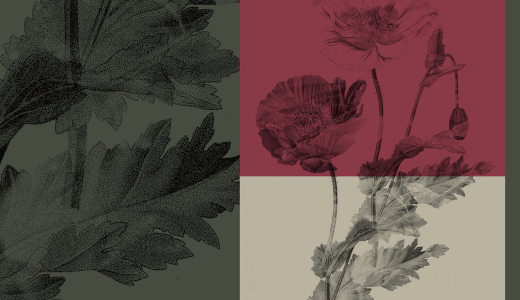

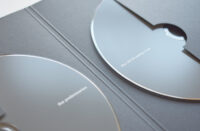
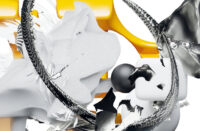


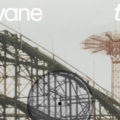
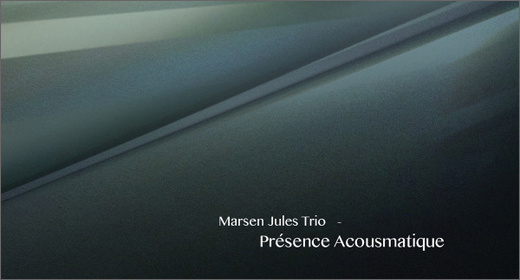
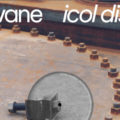
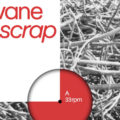


![Pole :: Tempus Remixes (Mute) — [concise]](https://igloomag.com/wp/wp-content/uploads/2025/04/pole-tempus-remixes_feat-75x75.jpg)






![Hasbeen :: Bunker Symphonies II (Clean Error) — [concise]](https://igloomag.com/wp/wp-content/uploads/2025/04/hasbeen-bunker-symphonies-ii_feat-75x75.jpg)
